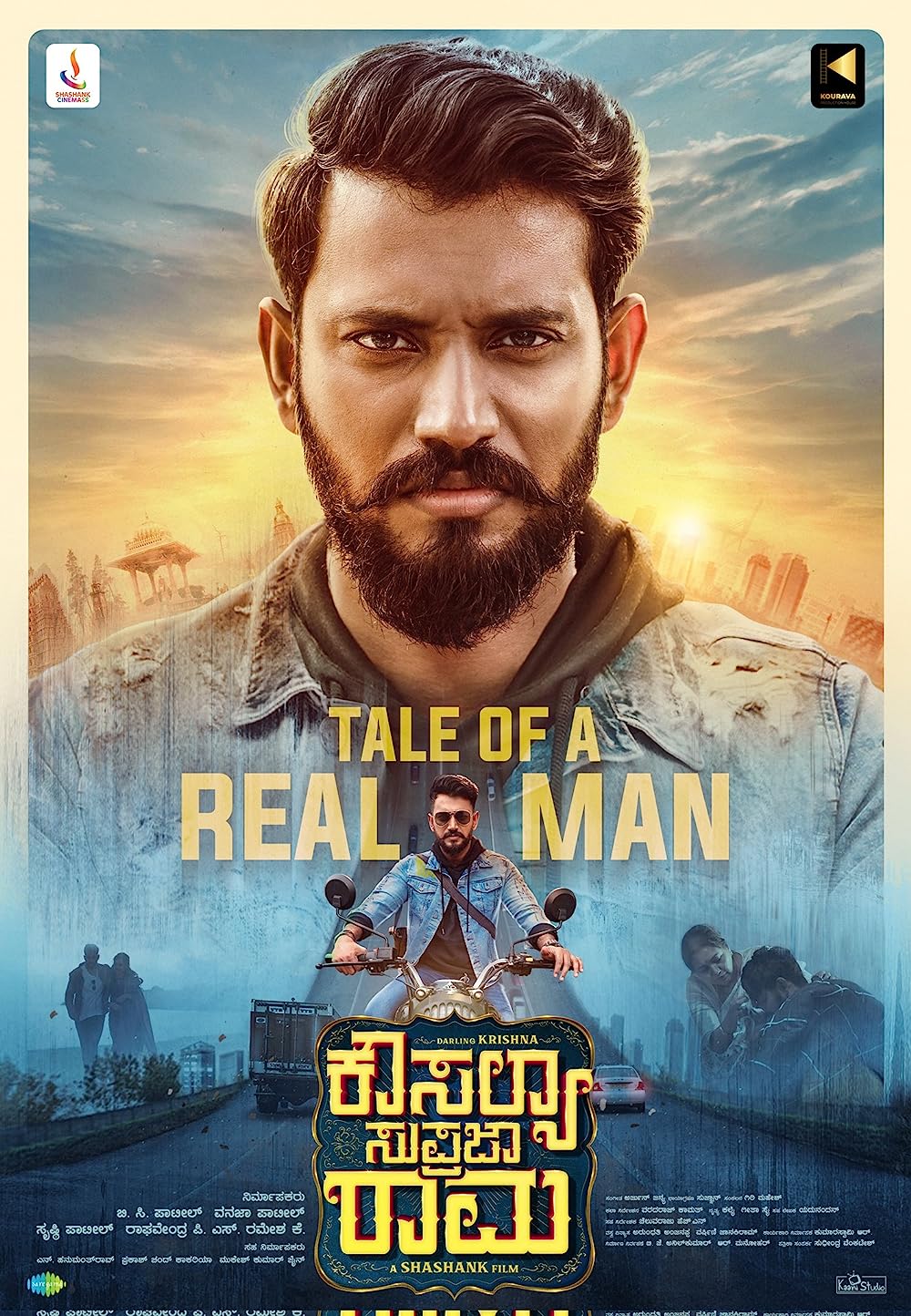Is the allure of instant access to the latest cinematic releases, particularly those from the vibrant Kannada film industry, clouding the ethical considerations of how we consume entertainment? The popularity of platforms offering free movie downloads, despite the inherent risks, underscores a complex relationship between audience desire and the legal boundaries of content consumption.
The digital age has undeniably revolutionized the way we experience movies. No longer bound by the constraints of theatrical releases or physical media, audiences now have unprecedented access to a vast library of films from around the globe, including the dynamic and evolving world of Kannada cinema. Websites like MovieRulz have become synonymous with this accessibility, offering a tempting gateway to both Bollywood and Hollywood productions, often presented with regional language options, including Kannada. This has undeniably fueled a culture of immediate gratification, where the wait for a film's official release is often deemed an unnecessary inconvenience.
The year 2025 holds particular promise for Kannada cinema, with a slate of anticipated releases generating significant buzz. One such film, Dragon, starring Pradeep Ranganathan, Anupama Parameswaran, and helmed by Ashwath Marimuthu, is already generating considerable excitement. Discussions surrounding the film's narrative, its anticipated box office performance, and the overall quality of the production are rapidly circulating, painting a picture of what could be a significant cultural event.
However, the ease with which these films, and indeed all forms of entertainment, are accessed has also given rise to a parallel universe of questionable legality. Websites such as MovieRulz operate in a gray area, offering content through potentially unauthorized channels. This practice raises important questions about copyright infringement, the protection of intellectual property, and the potential ramifications for both the film industry and the individuals who engage with these platforms.
The proliferation of such platforms has led to a constant cat-and-mouse game between content creators, distributors, and those who seek to access content without paying for it. While the convenience of a free download might seem appealing, it's crucial to consider the ethical implications and the legal consequences that could arise.
The act of downloading or streaming copyrighted movies from unauthorized sources carries significant risk. This includes potential legal action, the exposure to malware and security threats, and the erosion of the revenue streams that support the very industry that brings us these movies. The temptation of free access often clashes with the ethical responsibilities that we, as consumers, hold.
The focus on platforms like MovieRulz requires a careful navigation of these challenges. While they offer an expansive library of content, including the latest Kannada movies, the user must be fully informed about the legality and consequences of this access. Alternative, legal options provide a safer way to enjoy these films, contributing to the health and sustainability of the Kannada film industry.
The accessibility of Kannada cinema in 2025 presents an opportunity to engage with an evolving art form. The landscape of film distribution, challenged by the ease of access and the ever-present allure of free content, demands a mindful and responsible approach. By understanding the legal risks, ethical considerations, and the importance of supporting the creators, we can ensure that our enjoyment of Kannada cinema enriches both our cultural landscape and the creators behind it.
The availability of Kannada movies on platforms like MovieRulz is a symptom of this broader shift in how we consume media. As such platforms adapt to maintain their service and the Kannada film industry strives to protect its creations, the legal landscape and the ethics of media consumption will continue to shift. The year 2025 might very well prove to be a pivotal year for this ongoing evolution. As the industry navigates this environment, the film Dragon and other Kannada releases will certainly find their audience. The question is, how will this audience choose to enjoy the films?
The dynamic world of Kannada cinema is offering audiences a compelling blend of storytelling, technical excellence, and cultural relevance. The success of these films depends not only on their artistic merit but also on the willingness of viewers to support them through legal and ethical channels.
The conversation surrounding Kannada cinema and its distribution offers a fascinating glimpse into the intersection of art, technology, and law. The choices made by viewers today will define the future of Kannada cinema tomorrow.
Cinema Alert channel does not promote or encourage any illegal activities. The channel sometimes uses Movie clips and movie trailer clips to showcase the Filmy updates & Information but all content. The discussion of films and the use of such clips falls under fair use guidelines, as per Section 107 of the Copyright Act 1976.
| Attribute | Details |
|---|---|
| Movie Title | Dragon (Kannada Dubbed) |
| Release Year (Projected) | 2025 |
| Director | Ashwath Marimuthu |
| Lead Actors | Pradeep Ranganathan, Anupama Parameswaran |
| Genre | (Information currently unavailable, subject to official release) |
| Language | Kannada |
| Associated Platforms (Unofficial) | MovieRulz (as a platform for potentially unauthorized access) |
The information about the movie Dragon is limited to the details currently available. The availability of films like Dragon on platforms like MovieRulz points to the ongoing challenge faced by the film industry and the ethical concerns about consuming copyrighted material.
Understanding the complexities of media distribution and the potential legal consequences associated with accessing copyrighted content without authorization is essential. It’s important to balance the convenience of platforms like MovieRulz with the need to support the film industry and the creative professionals who bring these films to life. By making conscious choices regarding how we consume media, we can contribute to a sustainable and thriving film ecosystem.



